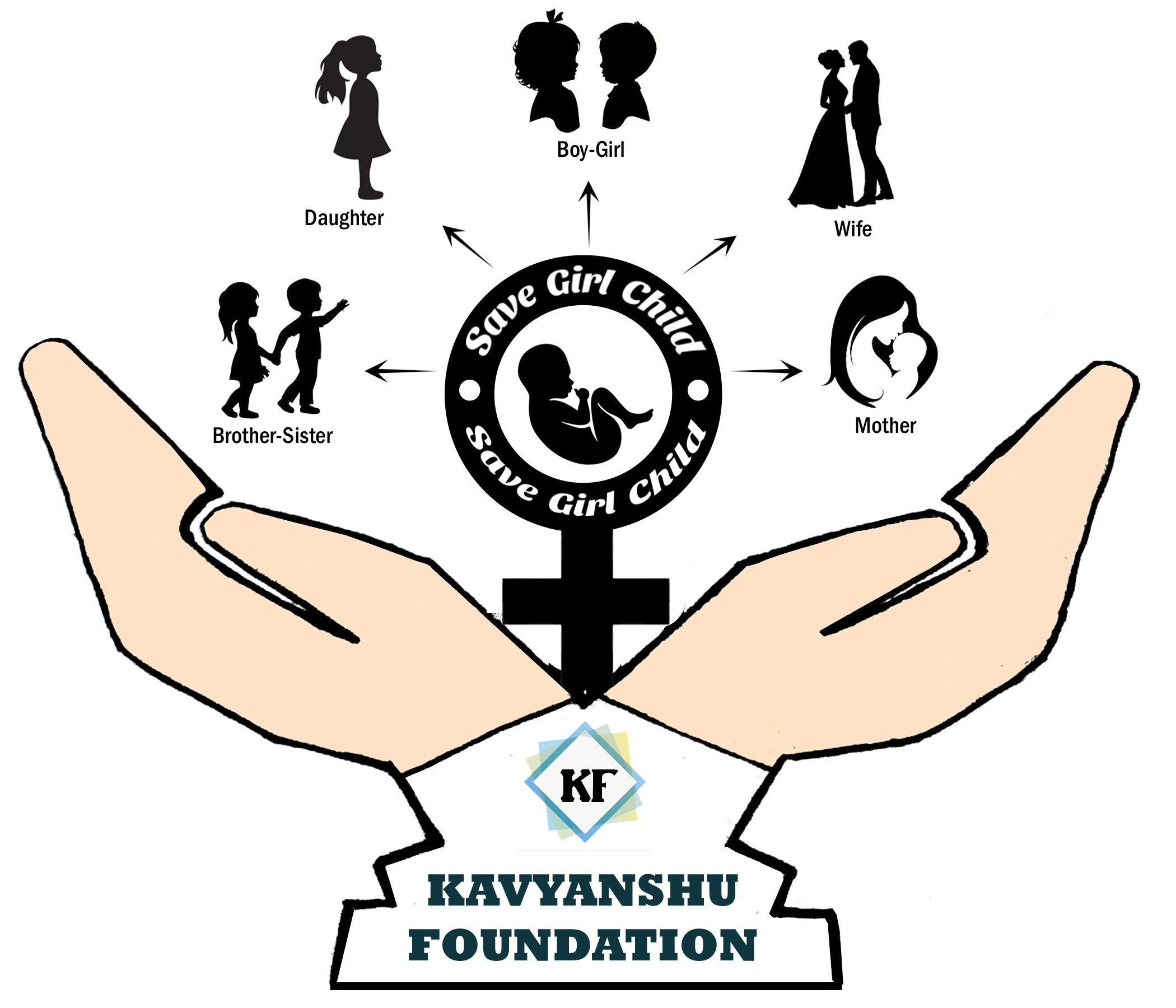
आपल्या मतानुसार कायदे असल्यावरच त्याला प्रतिबंद घातला जाईल असे काही नाही. ते आपल्या मनानुसार किंवा मतानुसार अवलंबून आहे.
आज जर आपण मनापासून ठरवले तर कायद्याची गरज भासणार नाही.
|
A) The National Policy for the Empowerment of Women in India (2001) The National Policy for the Empowerment of Women in India (2001) is hailed as one of the biggest achievements in the history of Indian women’s human rights. The law states as, “All forms of discrimination against the girl child and violation of her rights shall be eliminated by undertaking strong measures, both preventive and punitive within and outside the family. These would relate specifically to strict enforcement of laws against prenatal sex selection and the practices of female foeticide, female infanticide, child marriage, child abuse and child prostitution.” (8.1) B) Child Labour (Prohibition & Regulation) Act, 1986 The Child Labour Act prohibits employment of children (under 14 yrs) in 13 occupations and 57 processes contained in Part A & B of the schedule to the Act. It also lays down penalties for employment of children in violation of the provisions of this Act and regulates the employment of children with respect to working hours, number of holidays, health and safety in work place. The other provisions relate to prohibition of traffic in human beings and forced labour (Article 23). Certain principles of policy to be followed by the State stipulate that children be secured against exploitation. C) The Pre-Conception and Pre-Natal Diagnostic Techniques (Prohibition of Sex Selection) Act The Pre-Conception and Pre-Natal Diagnostic Techniques (Prohibition of Sex Selection) Act and Rules 1994 (as amended up to 2002) (the PCPNDT Act) mandates that sex selection by any person, by any means, before or after conception, is prohibited. D) Child Marriage Bill 2006 According to the Child Bill (2006), people marrying children and people involved in these practices, people abetting or attending a child marriage would face up to two years in prison and a fine of 100,000 rupees. E) Child Sexual Abuse Under the Indian law, those accused of child sexual abuse are currently charged under Section 376 as a punishment for rape and Section 377, that defines unnatural sexual offences, of the Indian Penal Code. F) Code of Medical Ethics Constituted by the Indian Parliament in the Medical Council Act, 1956, the Code of Medical Ethics lays down that: “On no account sex determination test shall be undertaken with the intent to terminate the life of a female foetus developing in her mother’s womb, unless there are other absolute indications for termination of pregnancy as specified in the Medical Termination of Pregnancy Act, 1971. Any act of termination of pregnancy of normal female foetus, amounting to female foeticide, shall be regarded as professional misconduct on the part of the physician leading to penal erasure besides rendering him liable to criminal proceedings as per the provisions of this Act (Clause 7.6). It is here important to note that the penalty for unindicated sex determination and female foeticide is striking off the name from the register apart from criminal action.” G) Others Apart from the above, there are legal provisions for working children in other laws such as:
|